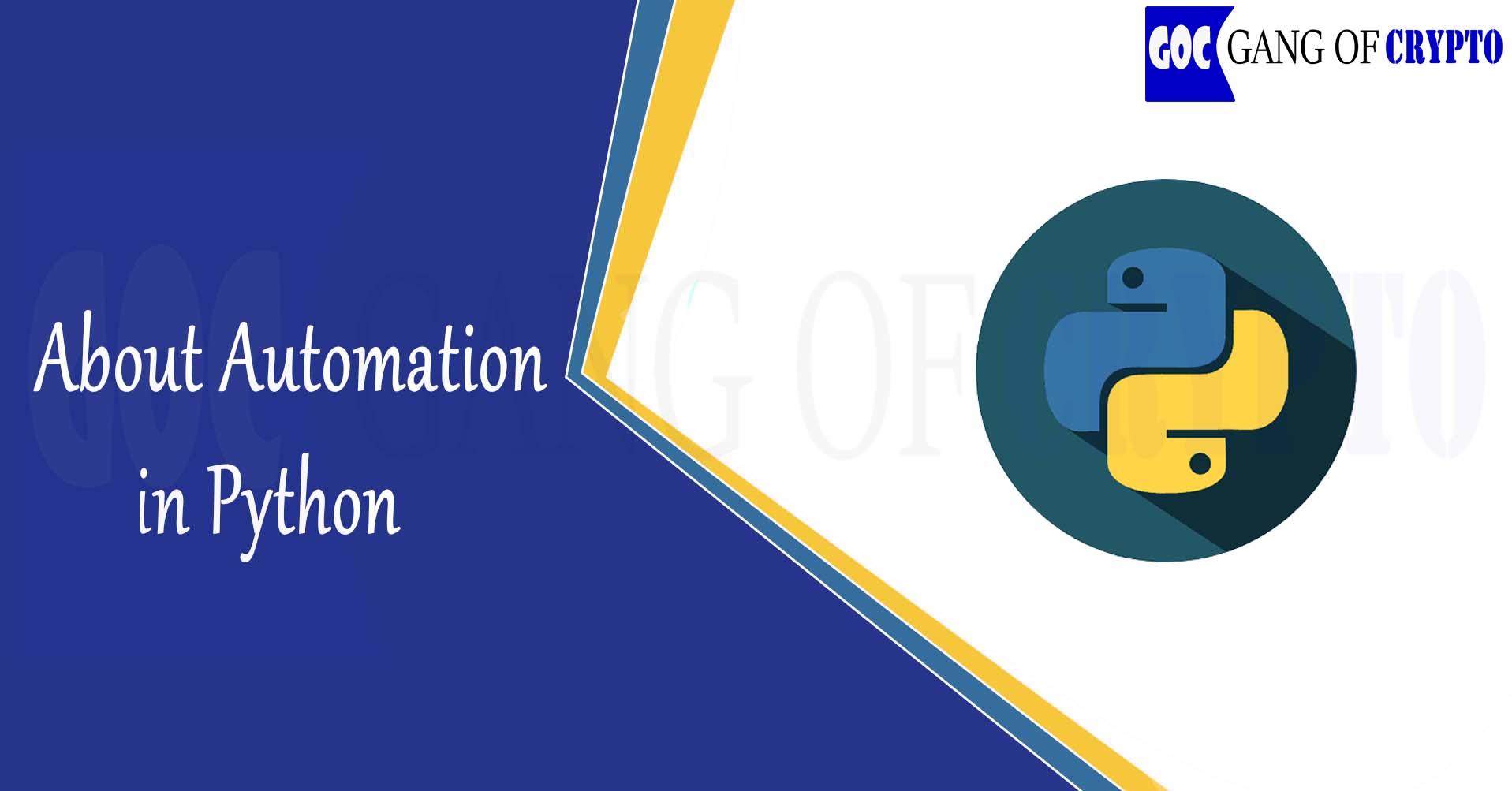About Automation in Python
Automation in Python
Why study Python?
Working in IT is more than just a job. It’s a career path. Research shows that the field of IT support is a launchpad for future career growth and better wages. In fact, a study on the subject was recently conducted by the Harvard Bussiness School Accenture and Burning Glass entitled Bridge the Gap. It is found that among today’s middle-skilled jobs that require training but not a formal college degree, IT support offers clear pathways to prosperity.
Systems administrators, technical solutions engineers, and even site reliability engineers. The common thread across all of these roles is knowing how to write code to solve problems and automate solutions. By expanding your toolbox to include coding skills, you open a window into the world of systems management that can lead you towards more advanced technical roles down the line. Python in particular is having huge surgeons. According to the 2019 Staack Overflow Developer Survey, Python is the coding language most people want to learn. The second most loved by those who already know it and the fourth most popular overall.
So, coming back to the question again !!!!! why python…..
May be you are thinking bigger about your current IT role and want to work towards managing operations at scale, or maybe you’re just starting out and looking to break into the IT industry.
Why do we need automation?
Automation is a process of replacing a manual step with one that happens automatically. If you work in IT, computer programming skills open up an incredible amount of opportunity. Being able to write scripts and programs that tell your computer to perform a task equips you with an invaluable tool. Not only does it make your work more easier and efficient, but it can also help you grow faster and advance further in your IT career.
Think about it, would you rather manually deploy 100 computers on your own or tell your computer to do it all for you all at once?
No-brainer, right, having a code skill set can help you grow into more specialized roles like a systems administrator, Cloud Solutions engineer, DevOps specialist, site reliability engineer, or who knows maybe even web developer or data analyst.
Automation is a powerful tool when used in the right place at the right moment. It can save time, reduce errors, increase consistency, and provide a way to centralized solutions and mistakes making them easier to fix.
What is programming?
At a basic level, a computer program is a recipe for instructions that tells your computer what to do. When you write a program, you create a step by step recipe of what needs to be done to complete a task, and when your computer executes the program it reads what you wrote and follows your instructions to the letter. How nice is that? The recipe is written in a code called programming language. Programming languages are actually similar to humans’ spoken languages since they have syntax and semantics.
In a human language, syntax is the rules for how a sentence is constructed while semantics refers to the actual meaning of the statements.
In a programming language like Python, syntax is the rules for how each instruction is written and semantics is the effects that the instructions have. Much like spoken languages, there are lots of programming languages to choose from. Each has its own history, features, and applications but they all share the same functional ideas.



